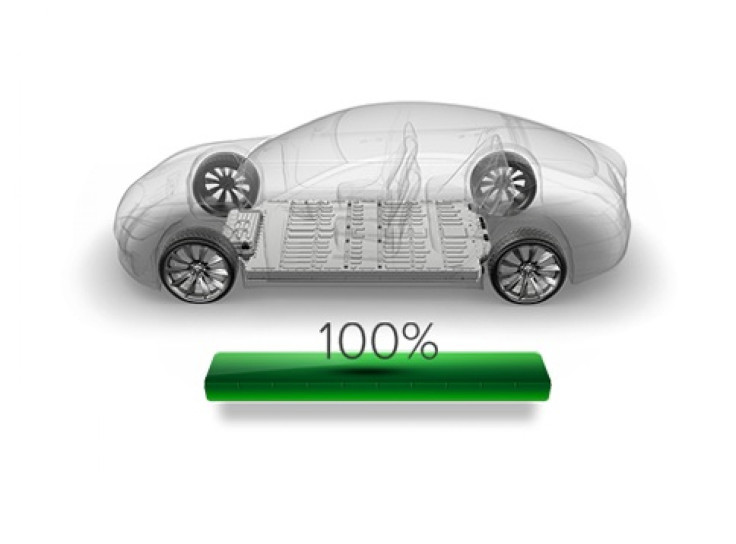Tesla Motors CEO Elon Musk Teases Idea Of Making His Own Batteries For His Model S, Model X And Gen 3 Vehicles

Lack of battery cells has been one of the major hindrances in scaling up production of the Tesla Model S luxury electric sedan. CEO Elon Musk said Tuesday during a quarterly conference call that it’s the “biggest single constraint” in boosting vehicle production.
And despite the recent deal between Tesla Motors Inc. (NASDAQ:TSLA) and Osaka-based Panasonic Corporation (TYO:6752) that delivers 1.8 billion battery cells to the Palo Alto-based electric carmaker through 2017, the company claims it will need more.
Let’s do the math: Each Tesla battery pack contains between 6,000 and 8,000 individual lithium-ion cells, depending on range (currently available in 208 miles, 265 miles and 265 miles with more horsepower).
Assuming the average battery pack consumes 7,000 cells, the deal with Panasonic delivers about 250,000 packs over the next four years – or about 64,000 units a year on average. Tesla said Tuesday it expects to deliver about 21,500 vehicles this year and is making about 550 units a week, or an annualized rate of 28,600 cars consuming about 200 million battery cells a year.
Musk thinks that as the company heads to 2017, it’s going to need more cells than Panasonic, its largest cell supplier, can provide under the current deal. Musk said Tesla’s battery supply issue could eventually require the company to build its own so-called “giga factory” to meet the company’s planned vehicle production by 2017 of three models: the S luxury electric, the X full-sized crossover, and a sub-$40,000 entry-level EV, dubbed the Gen 3 (third generation).
Here’s everything Musk had to say on the topic during Tuesday’s conference call:
"I think we will make toward the back end of that a lot more cars, and so there needs to be other agreements with some combination of Panasonic, maybe with others. Panasonic is also our primary partner, but when it comes to the high- volume third-generation vehicle it's clear there is going to need to be incremental production capacity. ... There is going to need to be some kind of giga factory built."
But then Musk couches his comment, saying nothing tangible is in the works right now. North American-based production is just one of the options, too.
"We are not quite ready to make a big announcement on the cell and battery giga factory, but we are exploring a lot of these options right now, and if I were to guess I think that we would do that giga factory with the raw materials coming in all the way to finished packs with partners ... and that factory most likely would be in North America, but we are investigating other options as well."
The CEO also brushed away any question about the availability of raw materials to meet his and other EV manufacturers' planned production.
"Raw materials are not an issue. ... I wouldn't worry about, say, lithium supply. There is a lot of lithium out there and the main constituents really in the cell are, by weight, actually nickel and cobalt, aluminum, then lithium. Lithium is like maybe 1 percent of the cell in that."
© Copyright IBTimes 2024. All rights reserved.












